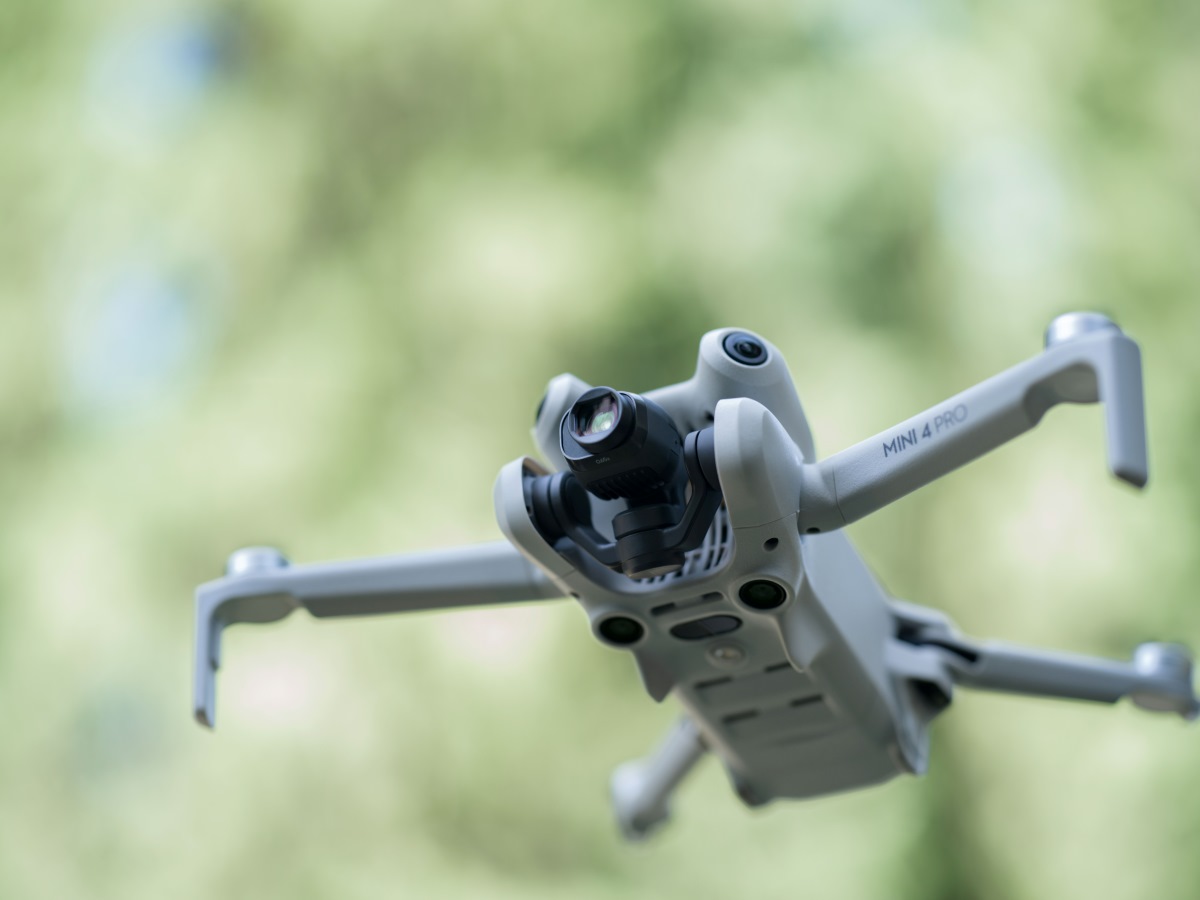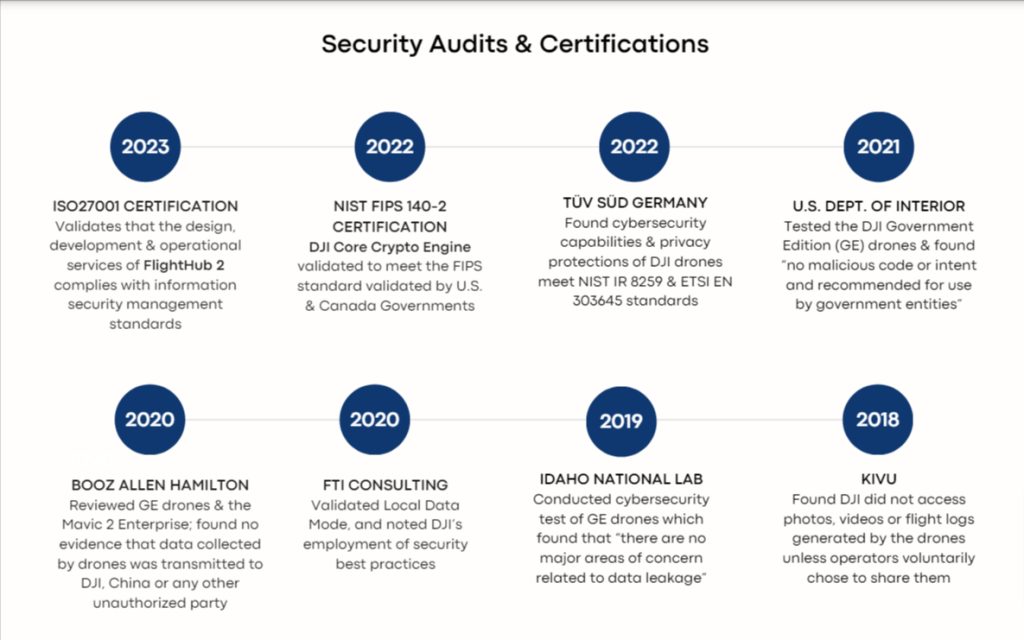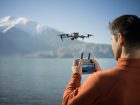
With Congress only hours away from deciding tech giant DJI’s future in the United States, here’s what the “Countering CCP Drones Act” (HR 2864) means for the drones you already have.
Update: DJI ban: Current status and future implications for drone pilots
HR 2864 requires the Federal Communications Commission (FCC) to add DJI to its “Covered List.” If DJI is added to this list, the FCC would no longer be able to approve new equipment authorizations for DJI products or software in the US. The agency could also create a process to revoke existing authorizations.
This means no new DJI products would be approved in the US going forward, cutting you off all the latest innovations by the company. And the DJI drones currently approved for the US may also be grounded in the future. The bill could also add any software capable of operating on DJI products to the Covered List, including software produced by US software developers, subjecting them to the same restrictions.
That said, it’s important to note that the “Countering CCP Drones Act” is not likely to have an immediate impact on your current drone fleet and the software you use. However, we cannot ignore the fact that the FCC has the power to create a process to revoke the equipment authorizations for your existing drone models in the future.
As per the proposed legislation, the federal government could decide at any point that you are no longer allowed to fly the DJI drones or software that runs on DJI drones you have already purchased, no matter if you are flying for business, public safety, or even recreationally.
The drone maker estimates that the financial impact of such a ban could be as high as $116 billion. Cutting the leading manufacturer out of the drone market would also lead to rising costs and product shortages for all users. It also takes a life-saving tool out of the hands of first responders, putting lives on the line.
Many American developers have built entire businesses on the ability to run their software on DJI drones and serve customers flying DJI drones. A ban on DJI would criminalize US free enterprise and their decision to make software for the most commonly used drones on the market, hurting US competitiveness and domestic innovation through no fault of their own.
Why is this happening? The legislative push appears to stem from a combination of fear-mongering and misinformation regarding DJI’s security protocols and operational practices. These concerns are being exacerbated by the prevailing geopolitical climate and efforts to stifle competition in the market.
“The lawmakers driving this legislation continue to reference inaccurate and unsubstantiated allegations regarding DJI’s operations, and have amplified xenophobic narratives in a quest to support local drone manufacturers and eliminate market competition,” DJI says.
The company further points out that it has been instrumental in the development of the US drone ecosystem, and has also invested heavily in data privacy and security initiatives — a glimpse of which can be seen below:

Also read: This 6K video drone is 40% off for Father’s Day — $460 in savings
And let’s not forget that DJI was the first drone maker to install altitude limits and GPS-based geofencing to guide pilots away from unsafe locations. It was also the first drone company to deploy autonomous return-to-home technology in case its aircraft lose connection to their controllers or have critically low batteries. Even more importantly, DJI was the first to integrate sensors for nearby obstacles and approaching aircraft. And it was also the first to operate Remote ID technology to help authorities identify and monitor airborne drones.
Top comment by Bob Doby
If an all-out ban happens, why would this action not be a "taking" by the Federal government? I think I should be compensated for the government, essentially, denying me use of property I bought legally.
As such, the drone maker believes that the government should focus on developing industry standards or guidelines that raise the bar on security for all manufacturers, and not target innovators simply because of their country of origin.
“Nevertheless, we support the development of US drone manufacturing as we believe that competition and innovation go hand in hand, and benefit end users the most,” DJI says.
Interestingly, a new Texas-based drone firm, Anzu Robotics, recently unveiled Raptor and Raptor T industrial drones that are based on the DJI Mavic 3 Enterprise platform. However, the country of origin for the Raptor series is Malaysia, not China. This has been made possible through a licensing deal with DJI and you can read more about it here.
Read more: New thumb-sized action cam shoots unique first-person POVs in 4K
FTC: We use income earning auto affiliate links. More.






Comments